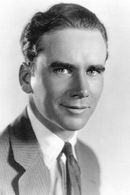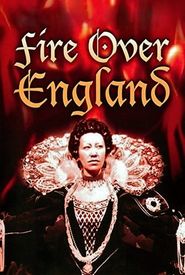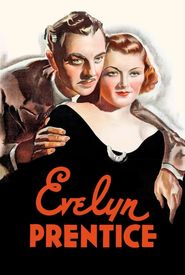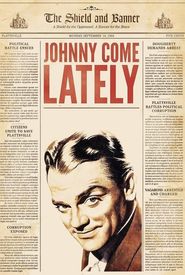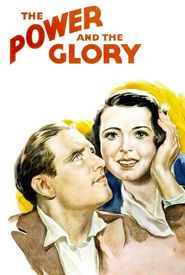William K. Howard was born in St. Marys, Ohio, in 1893. He studied engineering and law at Ohio State University, but his interests shifted towards film distribution when he took a job as sales manager for Vitagraph. After serving in an artillery unit with the American Expeditionary Forces during World War I, Howard relocated to Hollywood and trained as an assistant director at Universal.
Howard began directing films in 1921, initially for Fox and later at Famous Players-Lasky. Many of his early silents were commercially successful westerns, characterized by powerful images of rugged landscapes and action sequences. He was also influenced by German expressionism, as seen in films like White Gold (1927).
With the advent of talking pictures, Howard established a reputation for producing superior melodramas. He worked at various studios, including Fox, where he directed some of his best work between 1928 and 1933. This period included the shipboard mystery Transatlantic (1931),which featured innovative camera work and a complex narrative structure.
Howard's peak was reached with the courtroom drama The Trial of Vivienne Ware (1932) and the seedy tale of corruption The Power and the Glory (1933),which employed the same narrative technique as Citizen Kane (1941). He then worked briefly at MGM and Paramount before crossing the Atlantic to direct three films for Alexander Korda.
One of his best films was the lavish costume epic Fire Over England (1937),which was visually and dramatically impressive. However, Howard's career declined after his return to the United States, possibly due to his struggles with alcoholism or a notorious incident in 1936. He finished his career directing routine second features before retiring in 1946.
